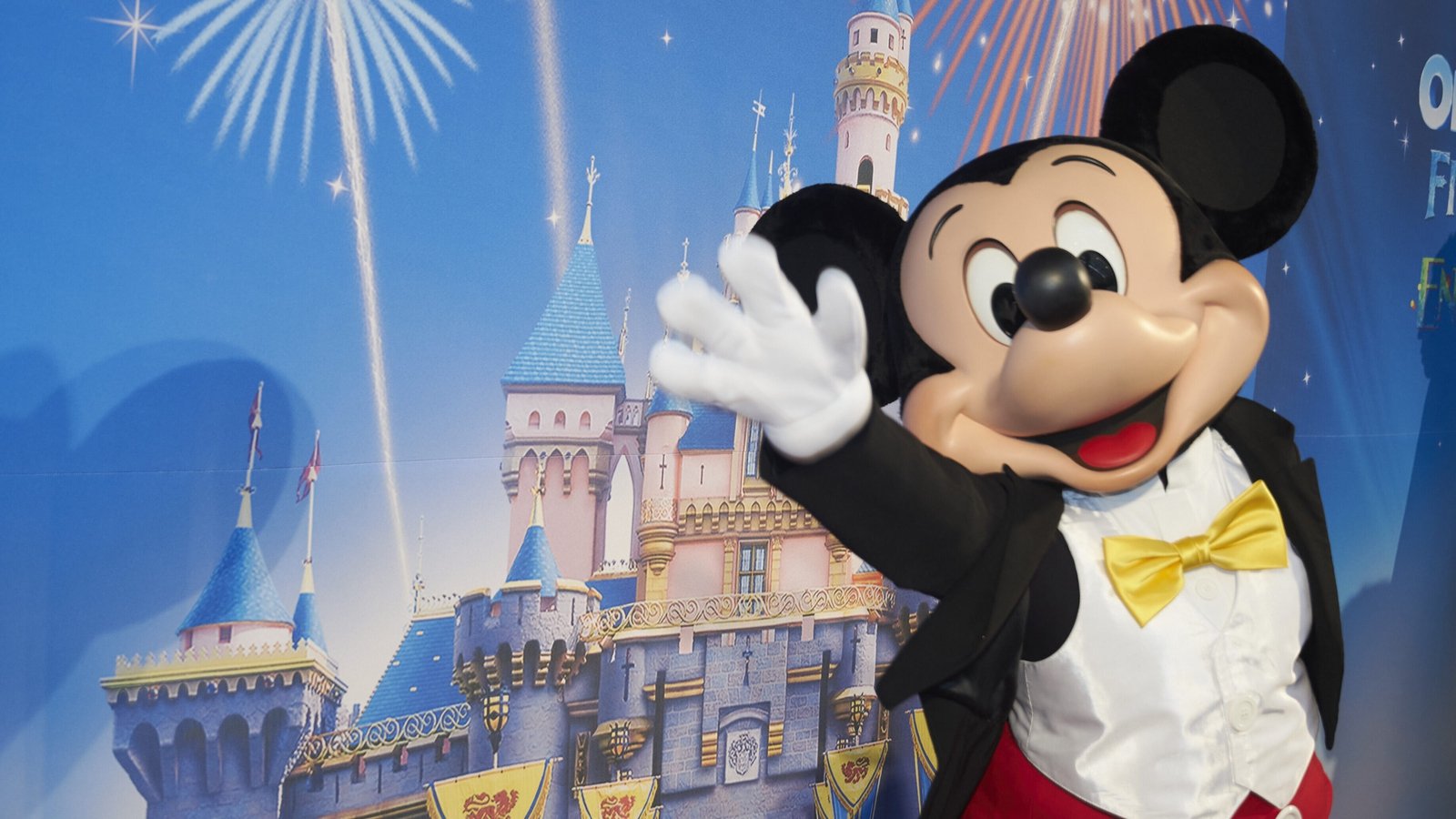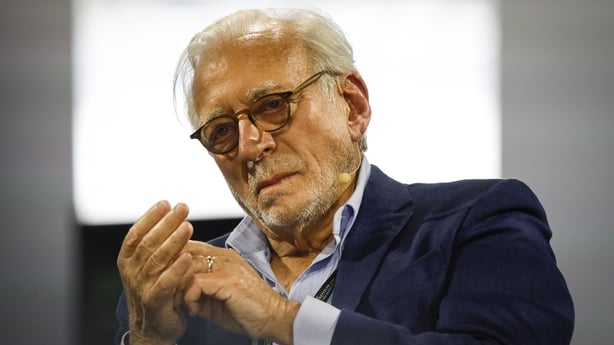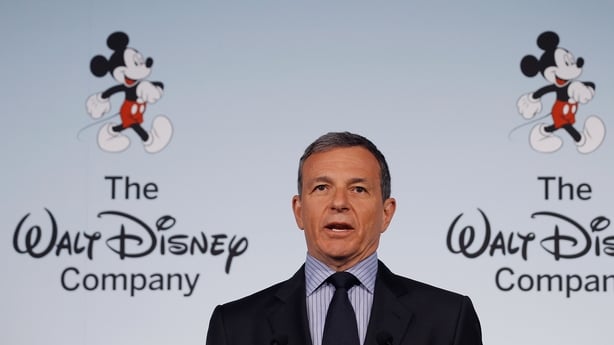Go woke or go broke: Division at Disney

What would a Disney film be without a villain?
The villain is often the most important character. Afflicted with flaws like greed, vanity and a thirst for power, the villain doesn’t play by the rules, but does offer a different perspective.
From the Evil Queen to Captain Hook, Maleficent to Scar, Disney villains are iconic and memorable.
The villain in the live action boardroom battle at Disney has been Nelson Peltz.

Who is he? What is his backstory? And is he an important character is this Disney story?
Mr Peltz is an activist investor and a founder of investment firm Trian Fund Management which currently has $8.5 billion in assets under management.
An activist investor buys a significant minority stake in a publicly traded company in order to change how it is run. The aim of activist investors may be as modest as advising company management or as ambitious as forcing the sale of the company.
As an activist investor, Mr Peltz is known for his fights with big companies including Procter & Gamble. The maker of brands such as Gillette and Tampax battled with Mr Peltz over a seat on the board of the company – a seat he ultimately won.
He is also known for an investment of a different kind, paying for the celebrity wedding of the year in 2022. Mr Peltz’s daughter, Nicola, married Brooklyn Beckham, son of David and Victoria Beckham, at the Peltz family’s mansion in Palm Beach, Florida.
His ambitions as an activist investor in Disney was also to secure a seat on the board, which he and other investors said was too close to the leadership of the media giant.
Mr Peltz has been Disney CEO Bob Iger’s arch nemesis.
Critics have accused Disney, under Mr Iger, of botching its streaming strategy and losing its creative spark.
Trian along with other investors pledged to push priorities such as higher profits.
The campaign focused on corporate management’s alleged lack of urgency to address its poor earnings growth and return on investment.
The case was bolstered by Disney’s nearly 50% decline in earnings per share between 2018 and 2023.
The company’s 10% five-year return on investment underperformed compared with the S&P 500’s 97% return.
Mr Peltz and Trian embarked on a campaign in early 2023, and renewed the crusade late last year, but the battle coincided with a much better stretch for Disney shareholders in years, as investors enjoyed a more than 30% return since November.
At its shareholder meeting on Wednesday, Disney said its board nominees had been elected by a “substantial margin”. It is believed that a third of votes cast supported Mr Peltz for a seat.
Shares of Disney dipped more than 1% after the announcement though, reflecting some investor angst at the status quo.

The villain had raised valid questions about struggles at Disney, and cast a shadow over the legacy of Mr Iger who returned to the role of CEO two years ago.
Was Disney’s reaction to subscribers leaving too slow?
Has Mr Iger’s decision to acquire Rupert Murdoch’s 21st Century Fox paid off?
A streak of films have disappointed at the box, so were calls for a review of studio operations controversial or constructive?
“All we want is for Disney to get back to making great content and delighting consumers and for Disney to create sustainable long-term value for shareholders,” Mr Peltz told the shareholder meeting.
The fact that his argument struck a chord with shareholders shows Disney’s vulnerability to other outside challengers in future.
“Regardless of outcome of today’s vote, Trian will be watching the company’s performance,” Mr Peltz added.
Disney has also been accused of “going woke” which prompted further questions from shareholders at the meeting on Wednesday.
The media company has become a target of conservative politicians like Florida Governor Ron DeSantis and X owner Elon Musk.
It has been criticised for including LGBTQ+ characters and elements in stories — like a same-sex kiss in Lightyear and a nonbinary character in Elemental. There were even those who took issue with a black Ariel in Little Mermaid.
Opposition to the so-called woke agenda was a plank of Mr Peltz’ campaign.
In an interview with the Financial Times, he asked, “Why do I have to have a Marvel that’s all women? Not that I have anything against women, but why do I have to do that? Why can’t I have Marvels that are both? Why do I need an all-Black cast?” – a reference to Marvel’s Black Panther.
The Disney boss has distanced himself from the ‘woke agenda’. He said Disney would focus on entertaining over advancing “any kind of agenda”.
“I’ve always believed that we have a responsibility to do good in the world, but we know our job is not to advance any kind of agenda,” he said. “For as long as I’m in the job, I’m going to continue to be guided by a sense of decency and respect, and we’ll always trust our instincts.”
The investor battle was costly for both Trian and Disney.
Trian estimated it would spend $25m million trying to win over shareholders. Disney spent up to $40m.
Mr Iger may have won the battle but has he won the war?
In a statement after the victory, he said, “With the distracting proxy contest now behind us, we’re eager to focus 100% of our attention on our most important priorities: growth and value creation for our shareholders and creative excellence for our consumers.”
Attention is now turning to finding the CEO’s successor.
The board has extended Mr Iger’s retirement date five times, continually deferring decisions about finding a replacement.
Disney board members sought to reassure investors, ahead of the shareholder vote, that this time they are taking the matter of succession seriously, as they vet candidates ahead of Mr Iger’s new retirement date at the end of 2026.





